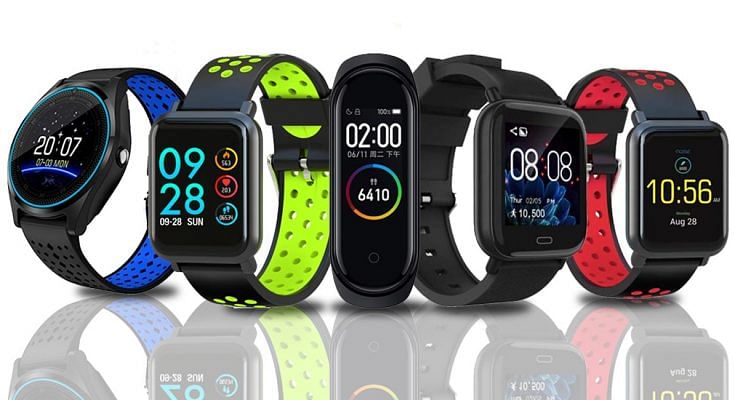Nocebo is the stark opposite of placebo. Both are Latin words, the former translates “I shall harm” and the latter meaning “I shall please.” Fitness freaks or even the ordinary folks looking at a fitter themselves, have opted for noceboes as a guide to a healthier life. A paradox, isn’t it? Let us explain.
The fit-bit watch, a data monitoring gadget or even a weight watching machine to record the daily ups and downs grams, are examples here. People strap on the gadgets to their arms or cycle a particular hour to track 10,000 steps a day or any form of physical activity. In short, validation of working out needs a digital proof. It is a feel-good thing. But what happens when you do not clock in the required mile?
The minimal walk to office or drive and then walk, move around the office, restricted intake of food and a work-necessitude socialising in the evenings or during weekends, has all stopped. Not that lifestyles before the pandemic induced stay at home were very healthy, but the WFH chair-bound routine has been detrimental to fitness. “People think investing into a gadget to monitor their physical activity levels is beneficial. In reality, after I look at my score, I feel worse,” fitness podcaster and Youtuber Ali Spagnola posted on his site.
A recent report by National University of Ireland points out how fitness apps and gadgets are becoming an obsession for some people, leading to negative mental health consequences. “When you live your life in measured steps, anything above or below can impact inadvertently,” notes a Bloomberg report.
Added, the social sharing features in these gadgets often lead to unhealthy competition among users, triggering anxiety and emotional stress if someone else’s data shows better results. Users also often simply give up on their fitness goals because the numbers aren’t showing progress. Apps like Instagram and Facebook make users anxious and depressed. The constant feedback of hits likes, and retweets has belittled appreciations of creativity or constructive feedback.












